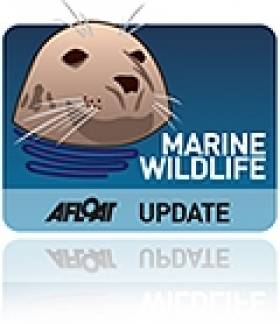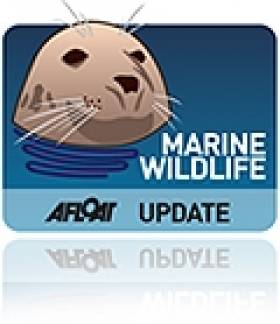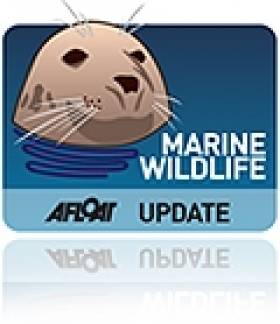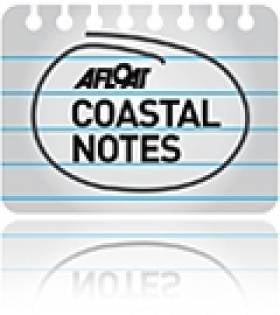Displaying items by tag: Marine Bill
NI Marine Bill Progress Marks 'Turning Point'
#MarineWildlife - The Northern Ireland Environment Minister says the new Marine Bill put before Stormont marks a "turning point" for the North.
As 4NI reports, this week saw the fourth stage of the Marine Bill in the NI Assembly as well as the launch of a consultation strategy for Marine Protection Areas (MPAs).
Should it be enacted in legislation, the Marine Bill - strongly supported by the RSPB among others - would give the Assembly powers to select and manage Marine Conservation Zones (MCZs) to safeguard the North's marine biodiversity.
Minister Alex Attwood commented: "Northern Ireland’s seas are home to some of the world's most spectacular wildlife and habitats, and have the potential to power our nation through wind and wave and create thousands of new jobs.
"We have reached a turning point and must modernise in order to meet increasing and competing demands on our seas."
The Marine Bill also provides for the creation of a National Maritime Plan which covers all aspects of the marine environment from wildlife to investment in tidal and offshore wind power.
4NI has much more on the story HERE.
RSPB Calls On Supporters to Back Northern Ireland Marine Bill
#MARINE WILDLIFE - The Royal Society for the Protection of Birds (RSPB) is urging its supporters in Northern Ireland to vote 'yes' for the creation of a Marine Bill for the North.
It follows a meeting last month of the Northern Ireland Marine Task Force (NIMTF) which brough together interests from across the spectrm to discuss the bill and ensure it will "deliver for all sea users", as previously reported on Afloat.ie.
The RSPB commented: "NIMTF are campaigning to have pilot projects for Marine Protected Areas and marine spatial planning put in place in parallel with the development of the Northern Ireland Marine Bill as Northern Ireland is currently three years behind the UK mainland.
"There is much work to do to inform the development of the Marine Bill in Northern Ireland and these pilots are needed for this process."
The RSPB noted that Scotland currently has four marine spatial planning pilots to inform the Scottish Marine Bill process, as well as four regional projects to set up a network of Marine Conservation Zones in England and Wales.
For more details on the Northern Ireland Marine Bill campaign visit the NIMTF webiste HERE.
Northern Ireland Marine Bill Discussed at Special Workshop
#MARINE WILDLIFE - A meeting of the Northern Ireland Marine Task Force (NIMTF) last week brought together interests from across the spectrum to discuss the new Marine Bill and ensure it will "deliver for all sea users".
The workshop at Castle Espie on Strangford Lough last Thursday 22 March saw politicians sit down with environmentalists, fishermen and wind farm developers, and engage with those responsible for drafting the proposed legislation.
According to a statement from the Ulster Wildlife Trust, which is a member of the NIMTF, the bill "provides for the creation of a network of marine protected areas to protect marine wildlife" as well as a roadmap for a more joined-up approach to the North's marine resources.
NIMTF spokesperson Ricky Devlin said: "We now need to ensure that [the bill] addresses the full range of environmental, recreational and commercial interests such as fishing, diving, electricity generation and aquaculture."
A full report of the meeting will be available shortly from www.nimtf.org
Schoolkids Urge Stormont to Save NI's Coastline
Hundreds of schoolchildren protested at Stormont last week to call for new laws to protect Northern Ireland's coastal waters, the Belfast Telegraph reports.
The group handed a petition with 4,000 signatures to Environment Minister Alex Attwood urging the introduction of a Marine Bill which would provide special marine conservation zones and restrict harmful maritime activities.
At present, Northern Ireland is the only part of the UK with no legal safeguards for the protection of its coastline.
The Northern Ireland Marine Task Force, which is heading the campaign, says "over-reaching legislation" is needed to preserve the North's marine wildlife and plantlife habitats.
The Belfast Telegraph has more in the story HERE.
































































